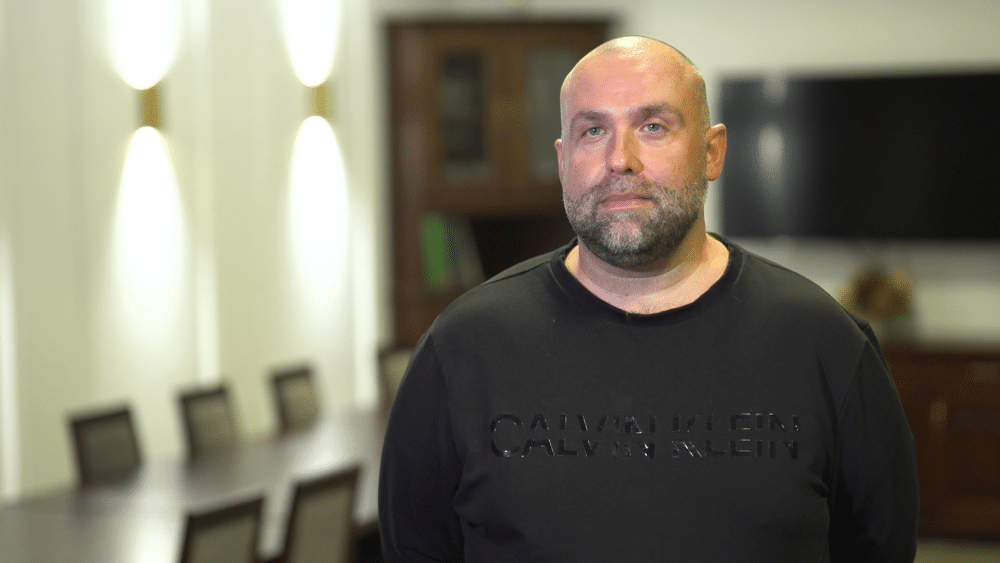In Poland, comprehensive data is not available regarding the number of medical errors and adverse events in hospitals and health care facilities. This stems, amongst other factors, from the fact that over 70 percent of them do not keep an electronic register of such incidents. Many facilities are also lacking in safe equipment and procedures related to, for example, the preparation of cytotoxic drugs by medical staff. This is why the Coalition for Hospital Safety emphasizes the necessity of implementing criteria essential for improving safety in medical institutions, which should be reflected in quality indicators in healthcare.
“In Poland, we do not have uniform statistics or full data on the frequency of adverse events and medical errors. What’s more, patients themselves do not always report these incidents. From my over 12-year experience as a forensic expert, I see that there is an increasing number of such cases. Once they used to occur sporadically, but now courts are asking for expert opinions several times a month on average. Research by the Coalition for Hospital Safety shows that patients and medical staff are not fully safe in hospitals, due to the quality of used equipment and the number of staff caring for patients, which is still insufficient,” says Dr. Paweł Witt, Chairman of the Coalition for Hospital Safety.
According to the Supreme Medical Chamber, in 2018 – when a total of 7.68 million patients were hospitalized in general hospitals – 857 lawsuits were filed for damages caused by healthcare, and 2217 medical error cases were initiated by the prosecutor’s office. The statistics show that this number has been gradually decreasing, standing at 2161, 1797, and 1751 respectively from 2019 to 2021. However, only a negligible percentage of these make it to court. The real scale of the problem of medical errors and adverse actions in Polish hospitals is very difficult to estimate. For example, according to a report published by the Coalition for Hospital Safety at the end of last year, 73 percent of facilities do not report or keep an electronic register of such events.
“Adverse events in hospitals can be divided into those related to pharmacotherapy, such as mistakenly administering a drug, and those related to equipment. We see situations where if the medical staff are injured or pricked, it can lead to several months of absence, which in turn translates into reduced availability of services for patients,” says Dr. Paweł Witt.
“According to the WHO, on average in Poland, 15 out of every 100 patients get infected as a result of staying in the hospital, but medical staff are also at risk. Data from the Coalition for Hospital Safety shows that among this group, there are approximately 37,000 punctures or injuries a year while performing everyday tasks…”
The Coalition emphasizes that to ensure an adequate level of safety in hospitals, for both patients and medical staff, it is essential to implement appropriate blood collection and infection prevention procedures, use safe equipment, implement drug safety procedures and staff training to limit occupational exposure to risk…
The Coalition for Hospital Safety has developed an Integrated Hospital Safety Model, necessary to improve safety in medical facilities…
“While this law (referring to the law on quality in health care and patient safety passed last year), although we have no executive acts yet, and these regulations will be the most important, shows a few points such as authorization, accreditation, internal quality management system, which in the future will force the safety level to be much higher than now…” assesses the expert. “What may be very helpful is the introduction of a central register of adverse events. Hospitals will have one website, one app, where they will report. Then we will have objective data in Poland, with which we will be able to work. When we talk to units, they are very keen for someone to create this, as this must emerge centrally.”
